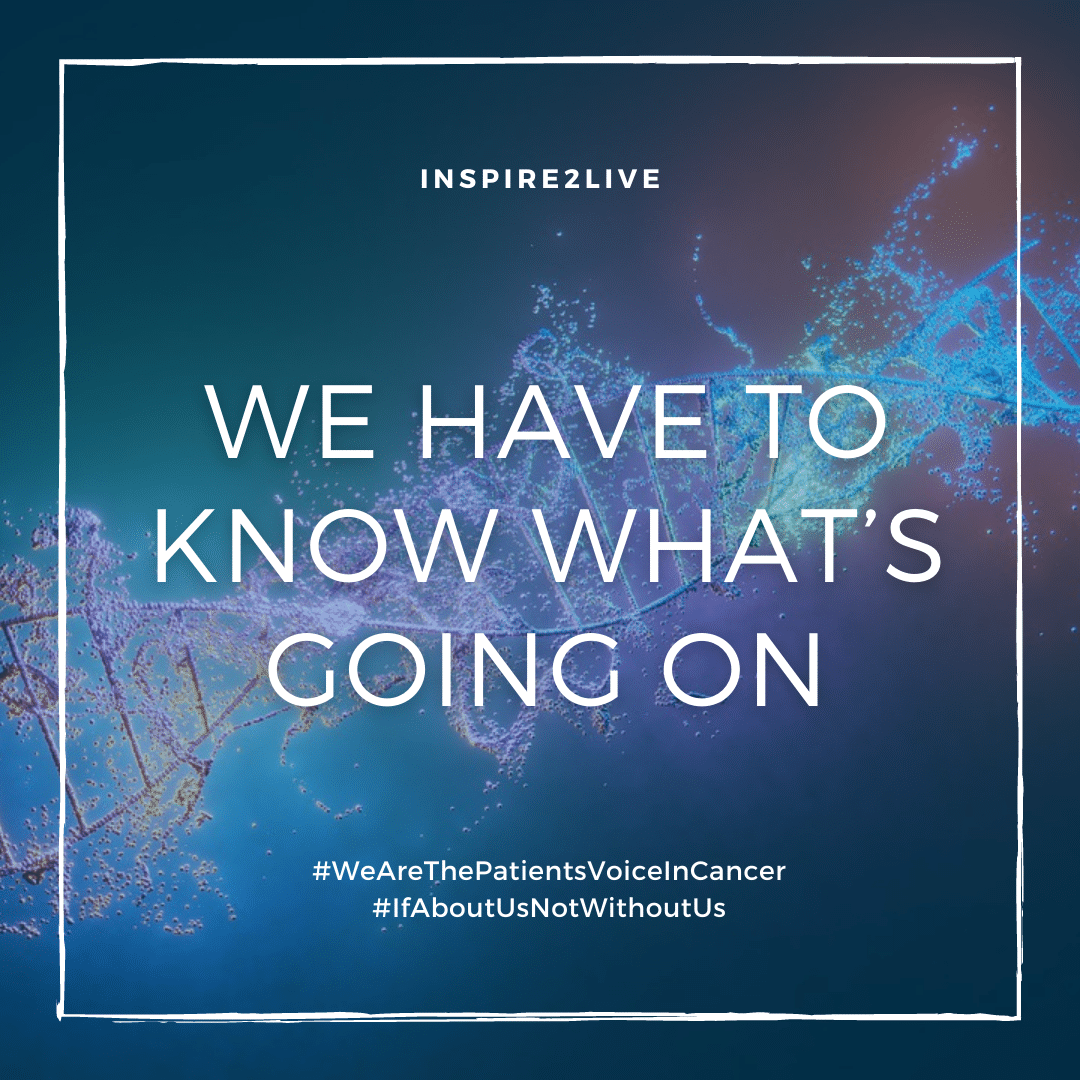A year after the Dutch parliament unanimously voted to reimburse whole-genome sequencing (WGS) for patients with an unmet medical need, it appears that this still has not been implemented. And patients are dying…
This example is unfortunately not unique. The execution power of healthcare, and those organisations which work for and within healthcare, is at a low level. Moreover, the willingness of many research and research funding organisations to adopt the implementation of research in their conditions for approval is also not at the right level. There is much research and talking and not so much doing, and the patient becomes the victim.
We do not execute what we already know. During calls for proposal, we often forget to ask: “How are you going to implement it?” The response which we often hear: “We are a research organisation and we fund research”. That may be, but the research of today is of no use to the patient of today. The patient of today needs to be treated with the knowledge which is already available. This knowledge will improve after 3 years and may even become perfect after 10. But the patient of today is dying.
It starts with knowing what is going on currently and that means starting with whole-genome sequencing. “Sequence me!” is what we patients say. WGS is so good that parliament approved the motion. Yet it is also so bad that institutions refuse to implement it. I know there are many questions still to be answered but we need to start implementing while we are looking for the answers so that we can continue to improve on a daily basis. We patients are prepared to take the risks.
Speaking of which, talking about risks in committees without asking for the patient’s opinion is unethical. The risk is ours to take and only we can answer the question “Do I want to take the risk or would I prefer to die?”.
By not implementing the methods which are already available, we are implicitly accepting the hidden costs of saying no. And I can assure you that the costs of saying no are high and many.
Peter Kapitein
Patient Advocate, Inspire2Live

